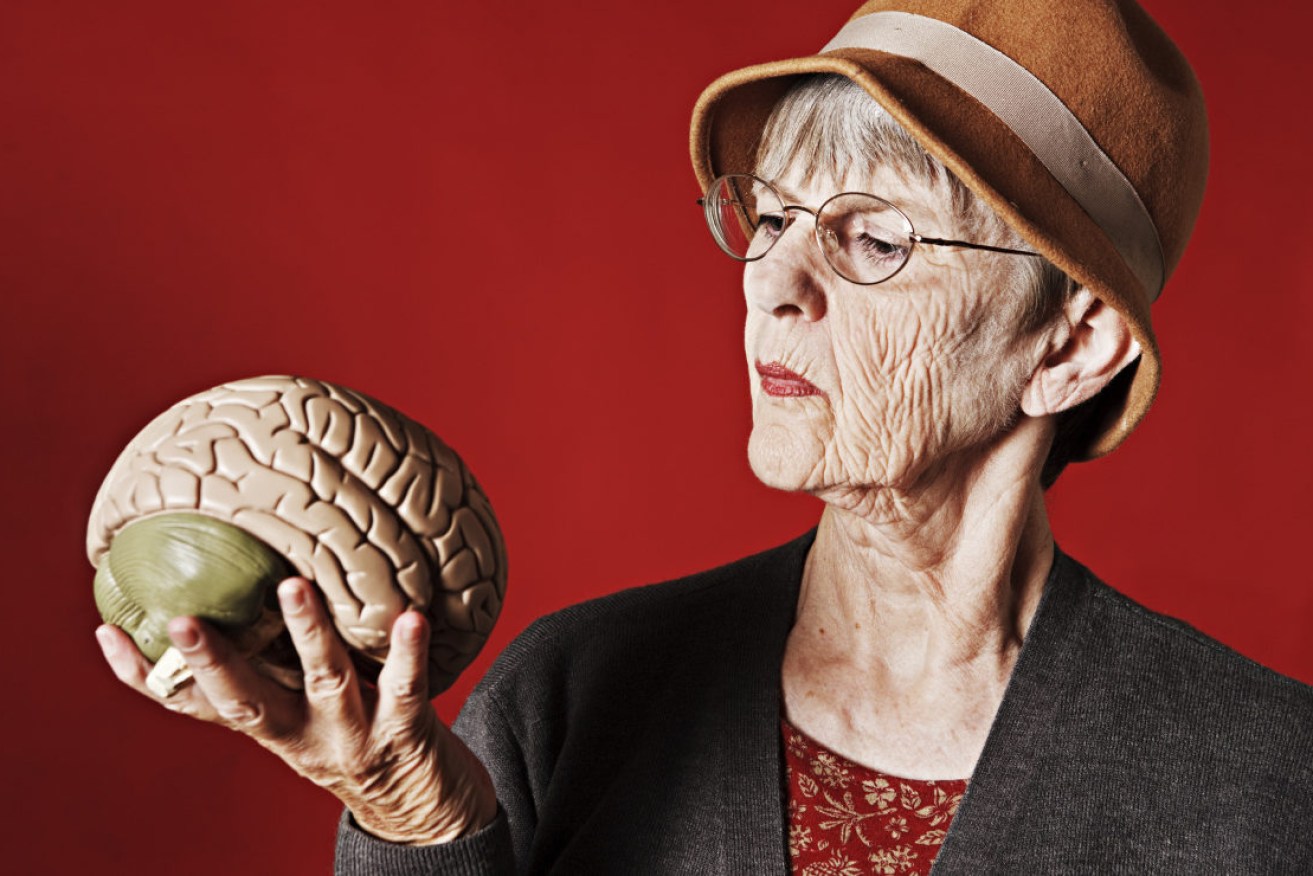A neuroscientist believes he has found how to make the ageing brain work better


Neuroscientists are hoping to slow cognitive decline using highly structured brain-training exercises. Photo: Getty
If we can figure out how to train our brains to perform better – pay closer attention and absorb more information – we could slow down their ageing process.
That’s the theory and career work of Amit Lampit, a University of Melbourne clinical neuroscientist who specialises in cognitive training across the lifespan.
Dr Lampit says unlocking the key to improving cognitive function could even “delay or prevent dementia”.
Dr Lampit originally worked in Europe and Israel with the disordered brains of children with ADHD, where he used computer cognitive training (CCT) to help them improve at school and socially – with dramatic effects.
https://www.youtube.com/watch?v=3RZYE1Vovvw
“After seeing that you can actually improve kids’ school performance and general behaviour with computer cognitive training, I started thinking about the ageing brain,” he told The New Daily.
CCT look like computer games, but they’re not games, “they’re a treatment,” Dr Lampit said.
They are, he said, a method for delivering “structured cognitive exercises” that target areas of cognition such as perception (recognising what’s in front of you), memory, learning, attention (maintaining focus), decision making, and language abilities.
https://www.youtube.com/watch?v=eXbX2bIC9UQ
Dr Lampit showed The New Daily demonstration videos of three cognitive training programs, which we have posted with this story.
They’re not particularly fun, are demanding of close attention – and they’re deceptively challenging.
Dr Lampit analysed the effectiveness of these sorts of videos in a wider review of CCT research, resulting in early evidence that shows just how to best “use” them to see any benefits.
https://www.youtube.com/watch?v=i9LN8ptOja8
Based on 90 trials, Dr Lampit and his team found computerised cognitive training was at its most effective when done three times a week, or when done under supervision. (His research is awaiting peer review.)
However, activities like learning a new language, doing crosswords or engaging in physical activity weren’t found, at a clinical level, to improve cognition.
They all contribute to a person’s wellbeing – and they certainly boost neural plasticity, the brain’s ability to forge new neural pathways.
But the evidence isn’t there yet to say they serve as clinical tools to improve learning or memory. The same is being said of CCT.

Dr Amit Lampit, clinical neuroscientist in search of the Holy Grail. Photo: University of Melbourne
Dr Lampit said the problem is that trials need to be conducted over a longer period of time. Not so easy when your research target are fading with age.
For Dr Lampit, work goes on to find what he calls the “Holy Grail”: a halt to cognitive decline.
How? By designing and trialling CCT programs that have the “greatest potential for improving cognition – but also to have them accepted and be implemented in the community.”
The problem he faces, he said, is a tendency of critics to “throw out the baby with the bathwater.”








